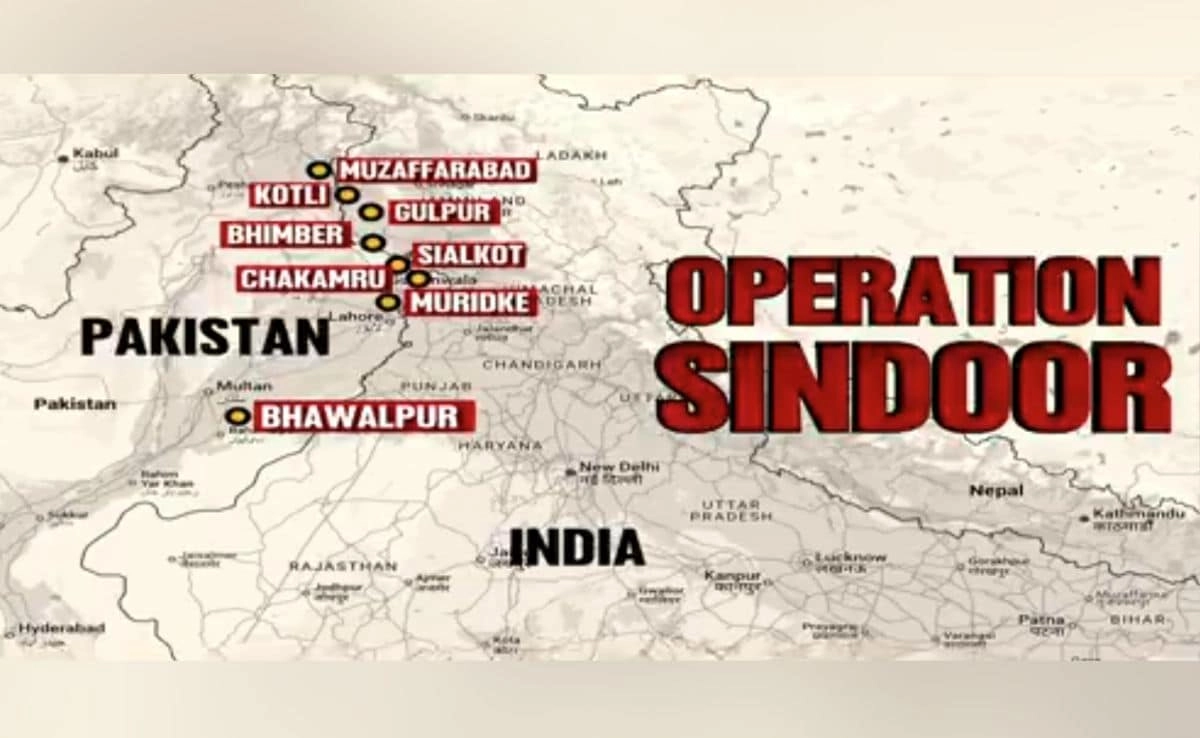In a recent political showdown, Devendra Fadnavis, the former Chief Minister of Maharashtra and a prominent leader of the Bharatiya Janata Party (BJP), made headlines with his pointed remarks aimed at Uddhav Thackeray and Raj Thackeray. Fadnavis’s comments were not just casual banter; they were strategically crafted jibes that underscored the ongoing rivalry among the Thackeray family members in Maharashtra’s political landscape. Fadnavis humorously claimed that he must be receiving blessings from Bal Thackeray, the late Shiv Sena founder, to be able to navigate the complexities of Maharashtra’s political arena successfully.
The context of Fadnavis’s statement lies in the fractured relationship between Uddhav Thackeray, who leads the Shiv Sena (UBT), and Raj Thackeray, the leader of the Maharashtra Navnirman Sena (MNS). Both factions, while rooted in the same political heritage, have taken divergent paths, and their rivalry has been a defining feature of Maharashtra politics in recent years. By invoking Bal Thackeray, Fadnavis cleverly positioned himself as someone who is transcending the ongoing feuds, suggesting that his political endeavors are in alignment with the legacy of the late leader, which resonates with many voters who hold Bal Thackeray in high regard.
Fadnavis’s comments also reflect a broader strategy to consolidate BJP’s influence in Maharashtra by exploiting the divisions within the Thackeray family. The BJP has been keen on capitalizing on the discontent among Shiv Sena supporters who might feel disillusioned by the party’s recent changes in leadership and direction. By framing himself as a figure blessed by the foundational ethos of Shiv Sena, Fadnavis is not only appealing to the party’s traditional base but also positioning the BJP as a viable alternative for voters who are seeking stability amidst political turmoil. In essence, his remarks serve to highlight the fractures within the Thackeray factions while reinforcing the BJP’s narrative of being the party of continuity and governance.
The ongoing political dynamics in Maharashtra are complex, with alliances and rivalries constantly shifting. Fadnavis’s jibe at Uddhav and Raj Thackeray is indicative of the BJP’s calculated approach to leverage internal conflicts within the opposition. As the political landscape continues to evolve, it remains to be seen how these tensions will shape the future of Maharashtra’s governance and the electoral fortunes of the parties involved. Fadnavis’s comments are a reminder that in politics, humor and strategy often go hand in hand, and the legacy of influential leaders like Bal Thackeray continues to cast a long shadow over the state’s political discourse.




